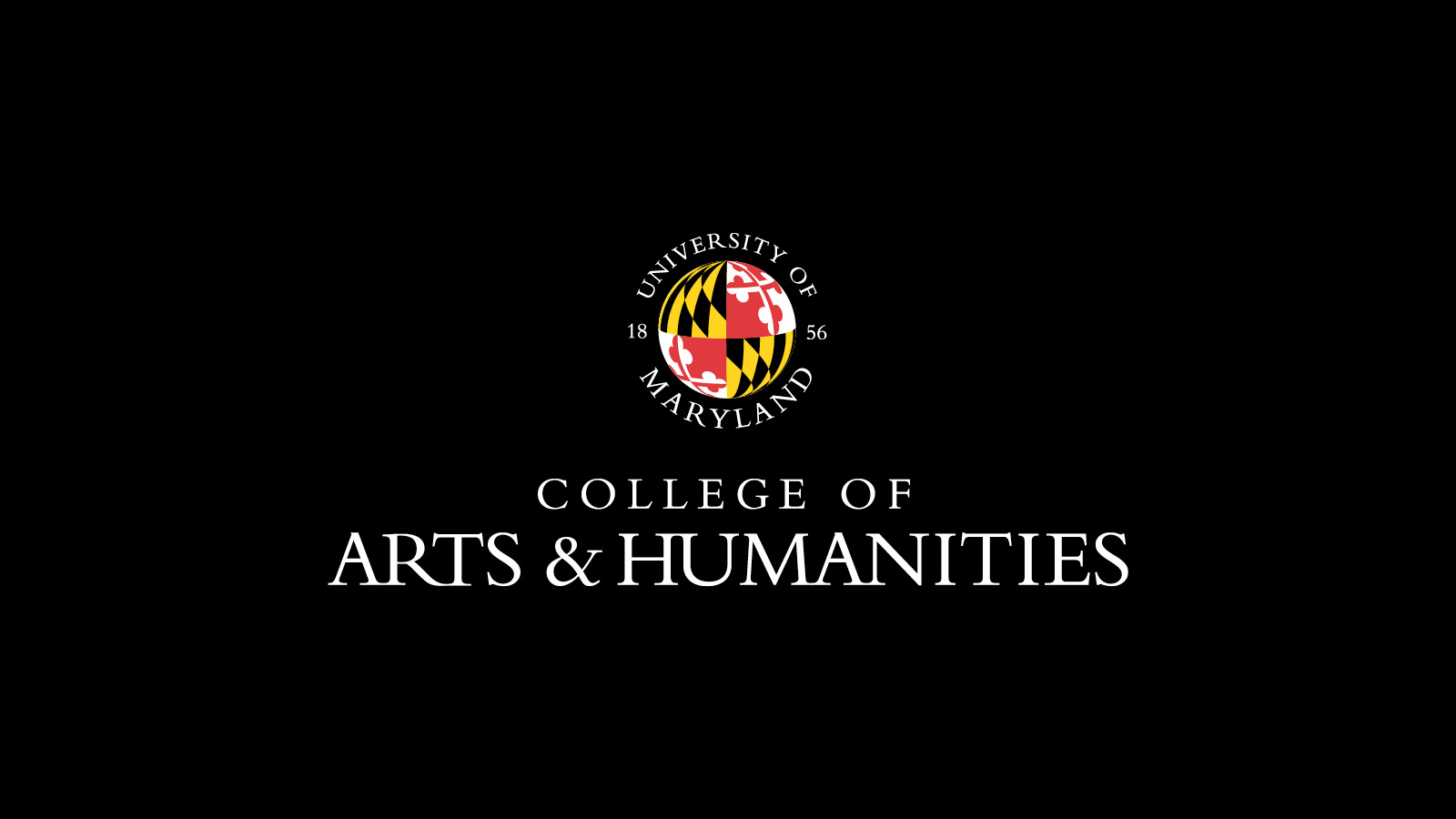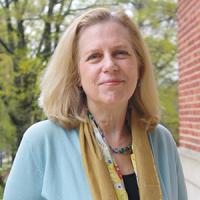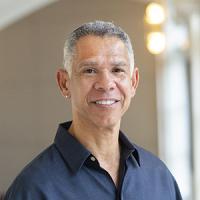Three ARHU Faculty Members Named Distinguished Scholar-Teachers
August 14, 2023

Julie Greene of the Department of History; Valerie Orlando of the School of Languages, Literatures, and Cultures; and Scot Reese of the School of Theatre, Dance, and Performance Studies were selected for the honor.
By Liz Tracy
Three ARHU faculty members were selected for the 2023 Distinguished Scholar-Teacher Program: Julie Greene of the Department of History; Valerie Orlando of the School of Languages, Literatures, and Cultures; and Scot Reese of the School of Theatre, Dance, and Performance Studies.
Established in 1978, the program recognizes faculty members who have demonstrated notable success in scholarship and teaching. Scholar-Teachers make a public presentation on a topic within their scholarly discipline and receive an honorarium of $5,000 to support their professional activities. The three new ARHU Scholar-Teachers are among a total of only nine who were named for 2023 from across the entire university.
Greene, professor of history and affiliate professor of American studies, says she is proud to be a faculty member at the University of Maryland because of its long history of valuing labor scholarship, which is the focus of her research.
“My research and my teaching both focus on how power works, and how inequality gets manifested in sneaky ways,” Greene said. “Understanding that sneakiness and the ways certain people are silenced is important—both for the work I do as a historian in the archives and in the teaching I do.”
She just completed her second book on the Panama Canal, “Box 25: Archival Secrets in the World of Caribbean Workers,” which uses rare first person testimonies by Afro-Caribbean Panama Canal workers to examine how they felt about their work. Greene is also working on a book that maps U.S. expansionism at the turn of the 20th century and how it shaped the middle class and affected workers in both the U.S. and its territories.
Her teaching was also shaped by her experience teaching a seminar on labor history in China through a program with the Organization of American Historians. “Just as I’m interested in globalizing how we think about U.S. history, I also found that globalizing my teaching was good for me. I learned a lot by adapting to the needs of young Chinese scholars,” Greene reflected.
Orlando, professor of French and cinema and media studies in the School of Languages, Literatures, and Cultures, and an affiliate of the Latin American and Caribbean Studies Center, calls the honor meaningful and validating. “In my research, teaching, and administrative duties, I have always felt that the University of Maryland cares about my input and values me as an individual and as a member of our vast team,” she shared.
Orlando focuses her research on French and Francophone literatures and cultures, specifically of the Maghreb, West Africa, and the Caribbean, as well as cinema and gender studies. “Everything that I research, write and publish is eventually funneled into my courses,” she said.
Whether for a Fulbright Senior Scholar Award or National Endowment for the Humanities Summer Stipend, she says the university has always supported her in any opportunities that came her way.
“Allowing faculty to pursue these grants and then respecting the parameters of them so that faculty can do their work, is very important to us all,” Orlando says. “The university realizes that the time invested in faculty, fostering their intellectual activities, will eventually make its way back into the vibrant environment we have on our campus.”
Reese, a professor of theatre and Associate Director at the School of Theatre, Dance, and Performance Studies (TDPS), calls the distinction “a beautiful honor.” His research focuses on increasing diversity, equity and belonging in theater.
When he was growing up, “multi-hyphenates” in the arts—like Reese, who is a self-described writer-performer-producer-director-scholar-teacher—weren’t commonplace. Now, he says he’s working to help his students become artist-scholars so they can do more with their degrees. “The more education you have, the more things you can say yes to,” he said.
When he started working at UMD, Reese was the only Black faculty member in the Theatre Department. He created new courses in Black theater performance, musical theatre, and the Kreativity Diversity Troupe, a performance group that supports diversity through theater.
He has worked to “increase our majors, increase the diversity in the school, and make sure when we hired new faculty, they were also reflecting the population of Prince George’s County. If we’re going to grow, we’re going to grow together,” he said.




